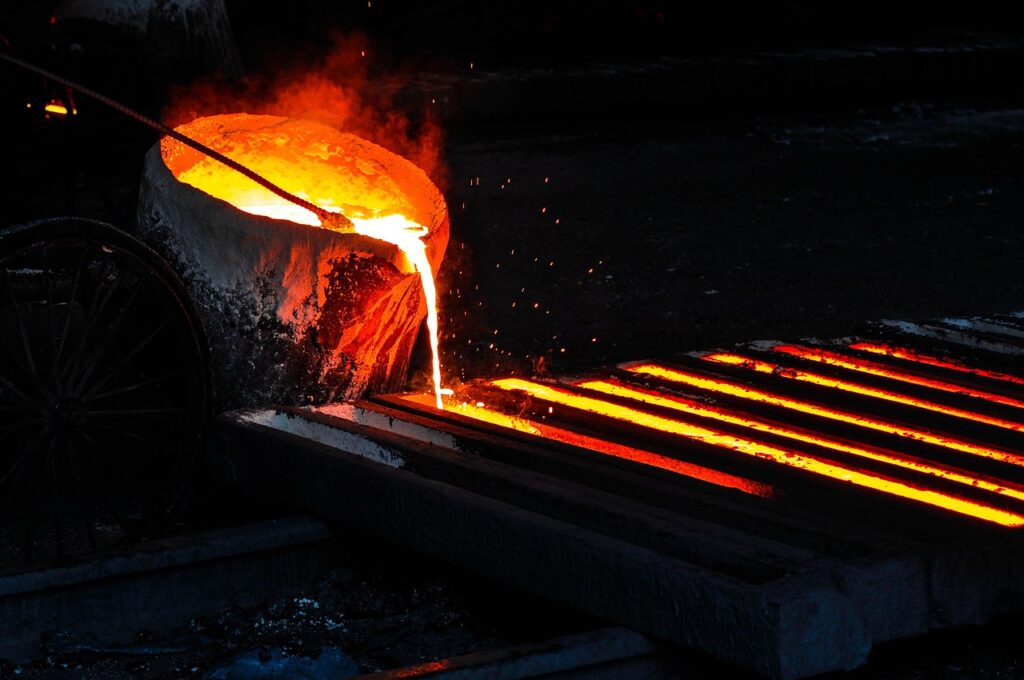The USMCA rules of origin do not require changes, said the Business Roundtable, which represents more than 200 CEOs in the United States.
Background: The USMCA rules of origin, set forth in Chapter 4 of the Agreement, form the basis of North America’s well-established and successful supply chains and investments by U.S. companies in North America.
USMCA rules of origin
“Together with efforts to strengthen economic security commitments among the Parties, (these rules) are sufficient to ensure that the benefits of USMCA trade liberalization extend to the Parties and to prevent abuse,” the Business Roundtable said in a letter to the U.S. Trade Representative (USTR).
It added: “Revising these rules will significantly disrupt supply chains established in 2020 to comply with the robust USMCA Rules of Origin. In addition, the revisions will create economic uncertainty for long-term capital investments by U.S. companies, which require predictability and stability.”
Aluminum and steel
From the Business Roundtable’s perspective, the joint review of the USMCA, scheduled for July 1, 2026, provides the United States with an opportunity to insist that Mexico establish an effective steel and aluminum monitoring system to identify transshipment and ensure the integrity of the Treaty’s rules of origin.
This is a request that the United States has been making for some time, since May 2019, when it agreed to remove Section 232 tariffs on Mexican steel and aluminum.
The agreement stipulated a consensus-based process for monitoring steel and aluminum trade between the parties.
“This system is necessary—and consistent with the Trump Administration’s policy—to ensure that the benefits of any trade agreement go to its parties and do not allow for abuse,” he said.
US President Donald Trump used Section 232 of the Trade Expansion Act of 1962 to impose tariffs on steel and aluminum (50%) and new levies on automobiles, auto parts (25%), and copper (50%), citing national security risks.

